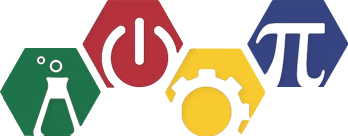Date
Artificial Intelligence (AI) technologies, including machine learning and data mining, have been extensively adopted to automate scoring of student responses to performance-based assessment tasks in classrooms, subsequently generating informative assessment reports. Although the innovative potential of these technologies is widely acknowledged, teachers often find it challenging to utilize these assessment data for instructional decisions. This is particularly evident when the data is sourced from assessments that are aligned with the Next Generation Science Standards in classroom environments. This chapter introduces a design framework guiding by cognitive theories to facilitate teachers' utilization of AI-based knowledge-in-use assessments in support of their instructional decisions. The framework comprises four stages: engaging with the AI system via professional learning support, evaluating the automatically generated assessment reports, considering AI-suggested instructional strategies, and determining instructional decisions and actions. Furthermore, this chapter provides insight into the current project design work, which encompasses automated reports on student knowledge-in-use performance and content-specific instructional strategies.
Chapter 16 in Uses of Artifical Intelligence in STEM Education

